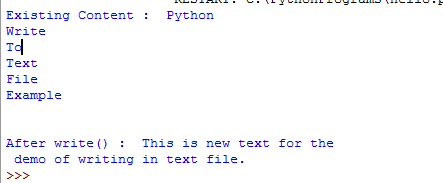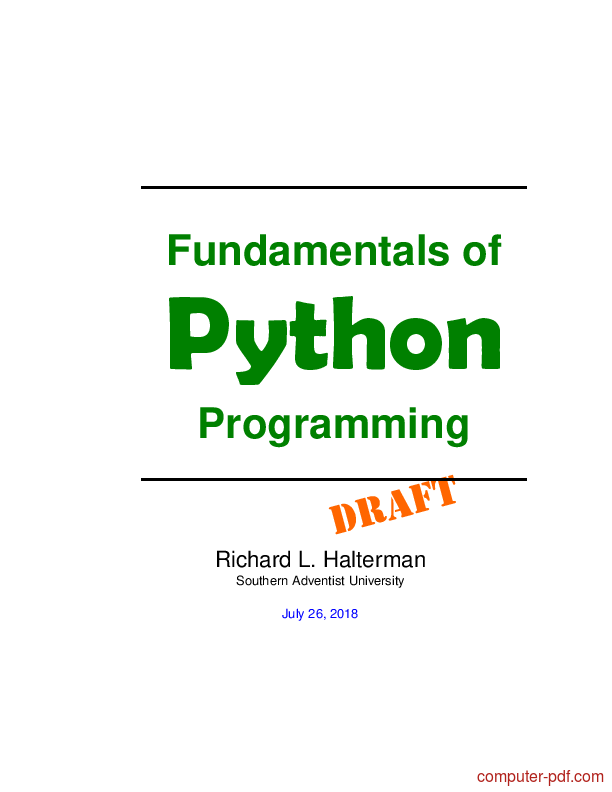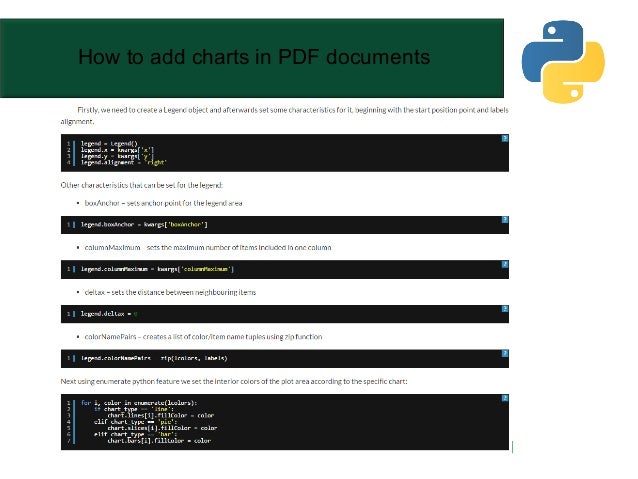

PdfResourceManager = PDFResourceManager()ĭevice = TextConverter(pdfResourceManager, retstr, codec='utf-8', laparams=la_params) Pdf_reader = PdfFileReader(open(file, 'rb')) With open(str(i + 1) + "_" + filename, "wb") as outputStream: Pdf_reader = PdfFileReader(open(filename, "rb")) Local_filename = local_filename.replace("%20", "_")ĭef break_pdf(self, filename, start_page=-1, end_page=-1): It is working fine for me: # This works in python 3įrom PyPDF2 import PdfFileWriter, PdfFileReader Interpreter = PDFPageInterpreter(rsrcmgr, device) With TextConverter(rsrcmgr, retstr, codec=codec, '''Convert pdf content from a file path to text

#Python pdf to text install
Test pdf file: #pip install pdfminer.sixįrom pdfminer.pdfinterp import PDFResourceManager, PDFPageInterpreterįrom nverter import TextConverter In 2020 the solutions above were not working for the particular pdf I was working with. As instructions for this would blow up this answer I put them on my personal blog.

There is pdftotext which does basically the same but this assumes pdftotext in /usr/local/bin whereas I am using this in AWS lambda and wanted to use it from the current directory.ītw: For using this on lambda you need to put the binary and the dependency to libstdc++.so into your lambda function. Res = n(args, stdout=subprocess.PIPE, stderr=subprocess.PIPE) SCRIPT_DIR = os.path.dirname(os.path.abspath(_file_)) pikepdf does not support text extraction ( source)Īfter trying textract (which seemed to have too many dependencies) and pypdf2 (which could not extract text from the pdfs I tested with) and tika (which was too slow) I ended up using pdftotext from xpdf (as already suggested in another answer) and just called the binary from python directly (you may need to adapt the path to pdftotext): import os, subprocess.Pymupdf import fitz # install using: pip install PyMuPDF Please note that those packages are not maintained: Give it a try :-) from pypdf import PdfReader The community improved the text extraction a lot in 2022. I became the maintainer of pypdf and PyPDF2 in 2022! 😁 And some might have too restrictive licenses so that you may not use it. But they are not pure-Python which can mean that you cannot execute it. The core part is that they are way faster. Pymupdf / tika / PDFium are better than pypdf, but the difference became rather small. Depending on the data, it is on-par or better than pdfminer.six. May differ for Python 2 or for an older OS.Pypdf recently improved a lot.

These instructions assume you're using Python 3 on a recent OS. PDF ( f, "secret" ) # How many pages? print ( len ( pdf )) # Iterate over all the pages for page in pdf : print ( page ) # Read some individual pages print ( pdf ) print ( pdf ) # Read all the text into one string print ( " \n\n ". PDF ( f ) # If it's password-protected with open ( "secure.pdf", "rb" ) as f : pdf = pdftotext. Simple PDF text extraction import pdftotext # Load your PDF with open ( "lorem_ipsum.pdf", "rb" ) as f : pdf = pdftotext.


 0 kommentar(er)
0 kommentar(er)
